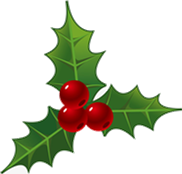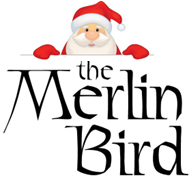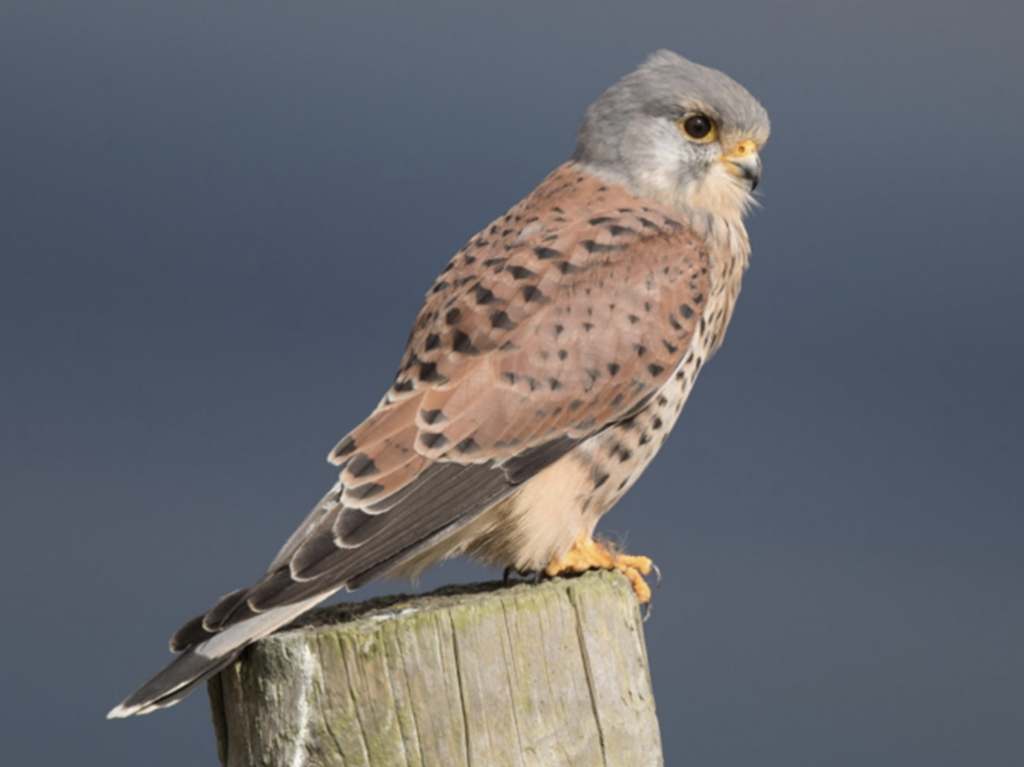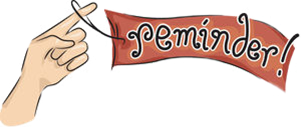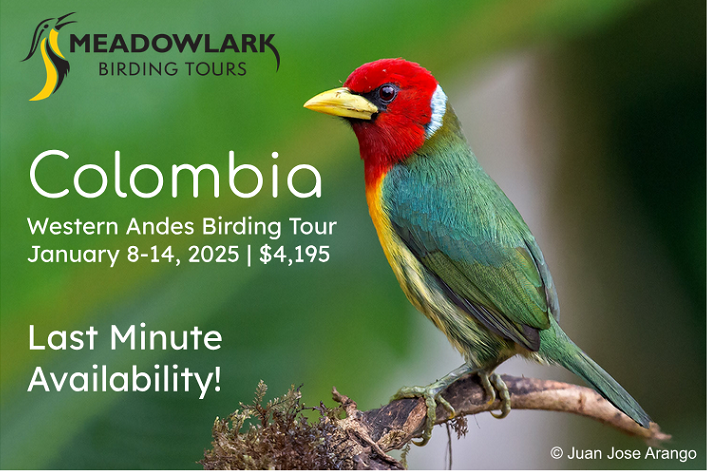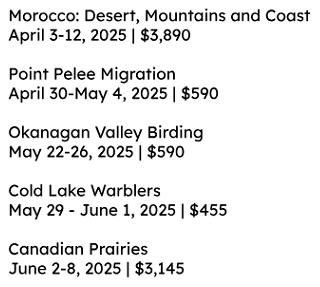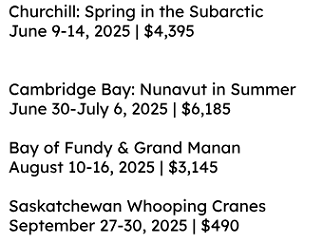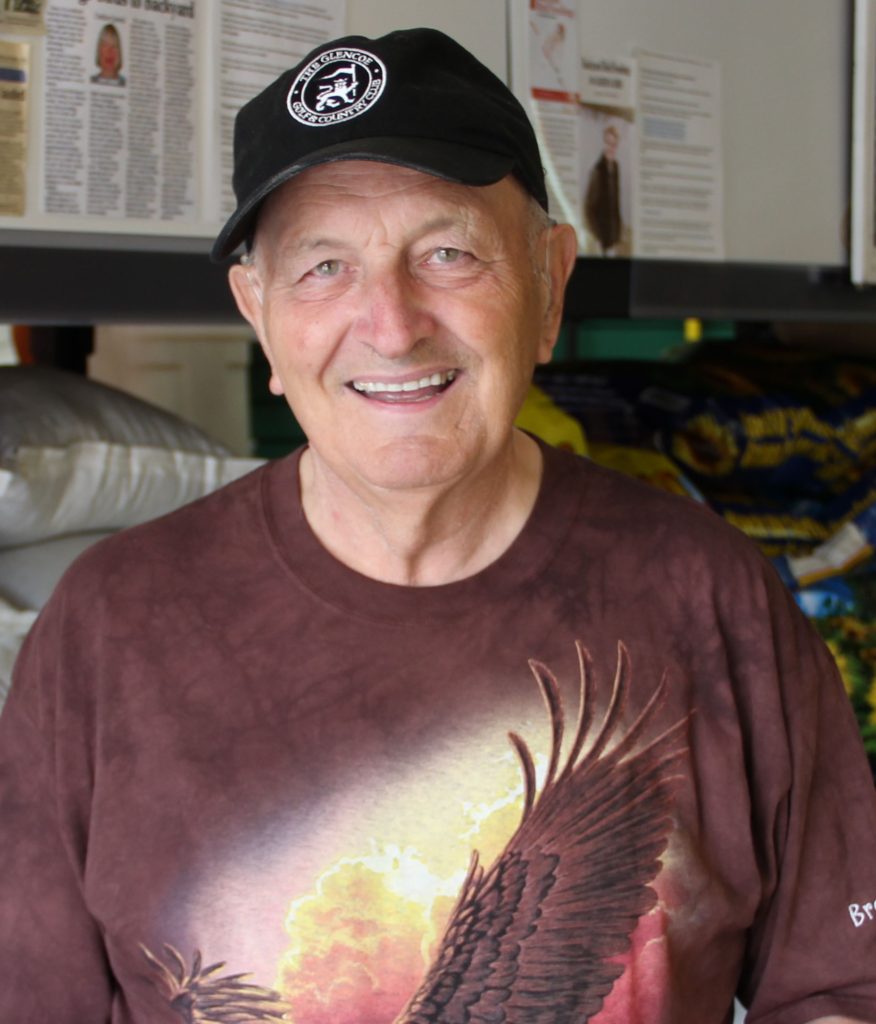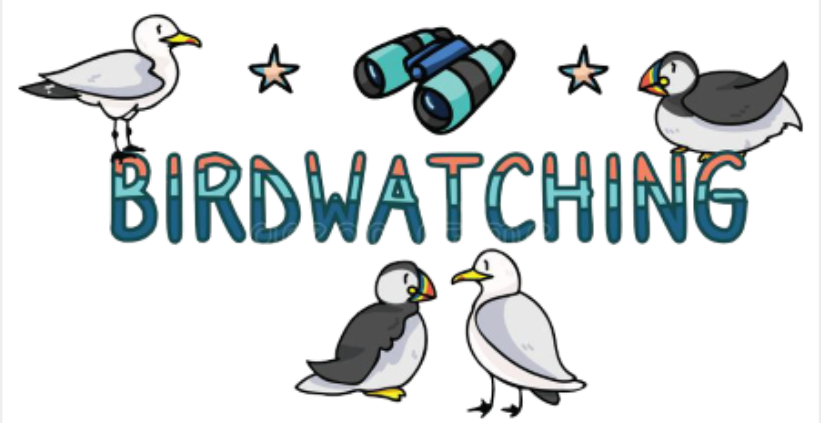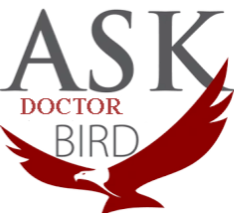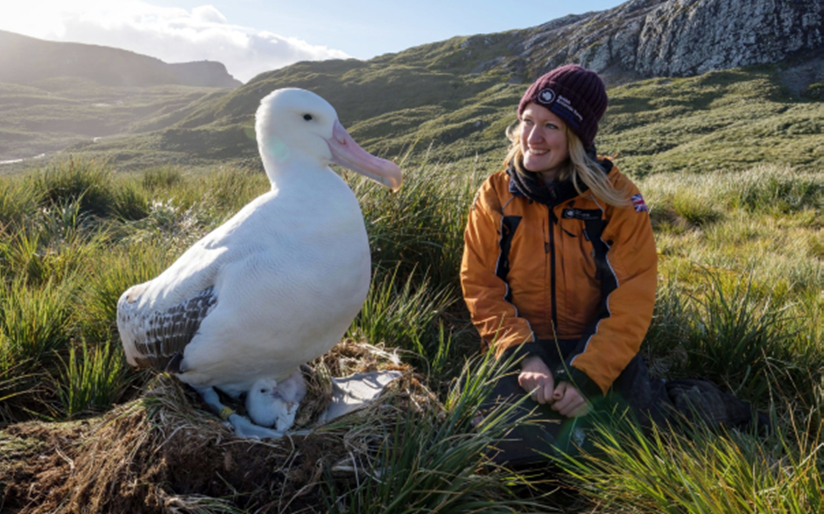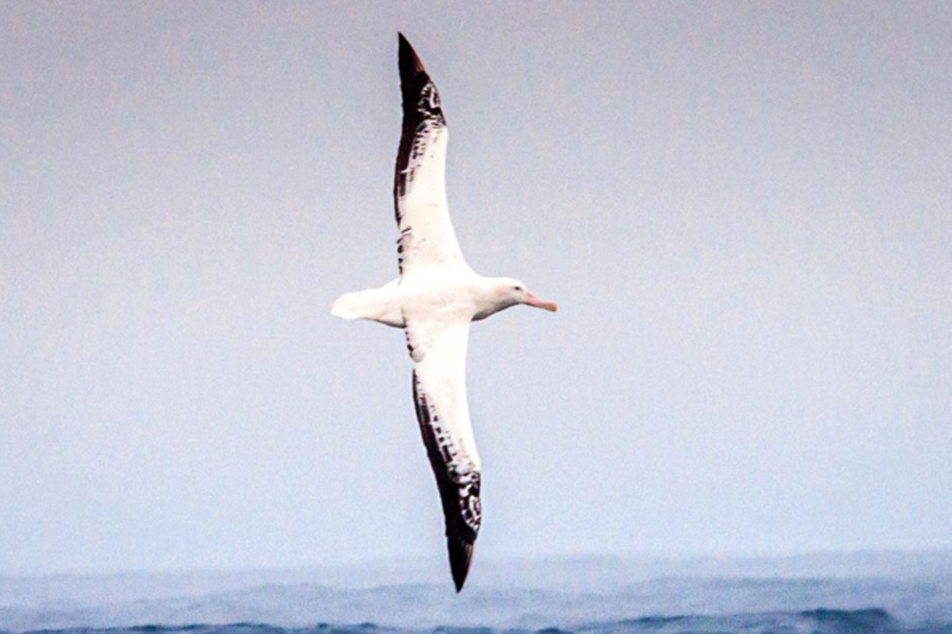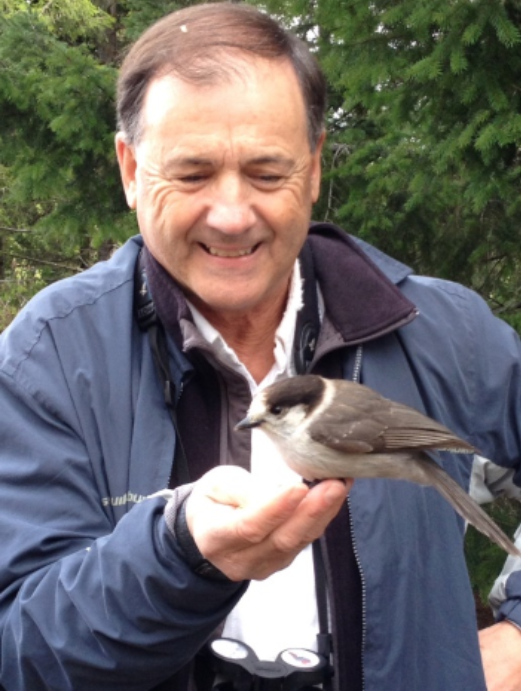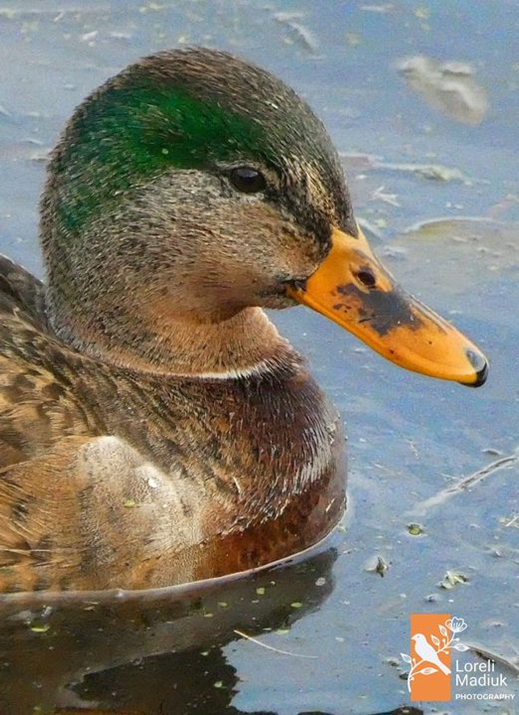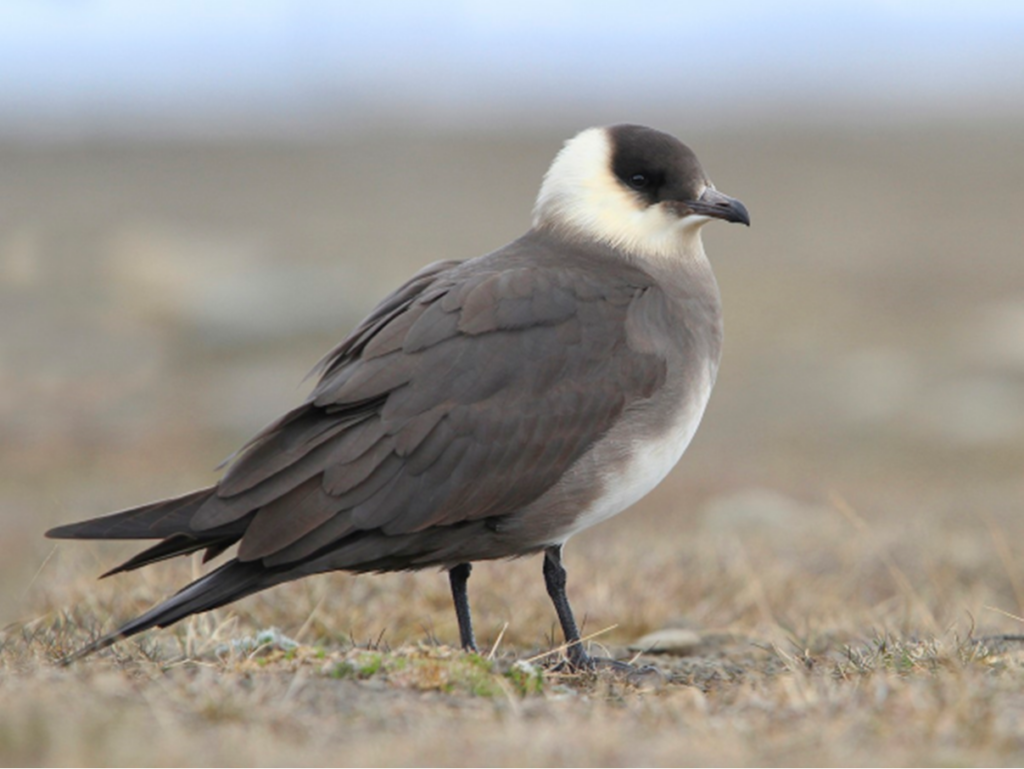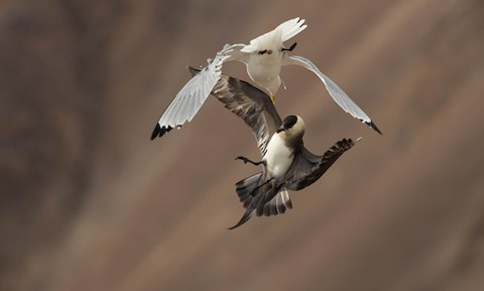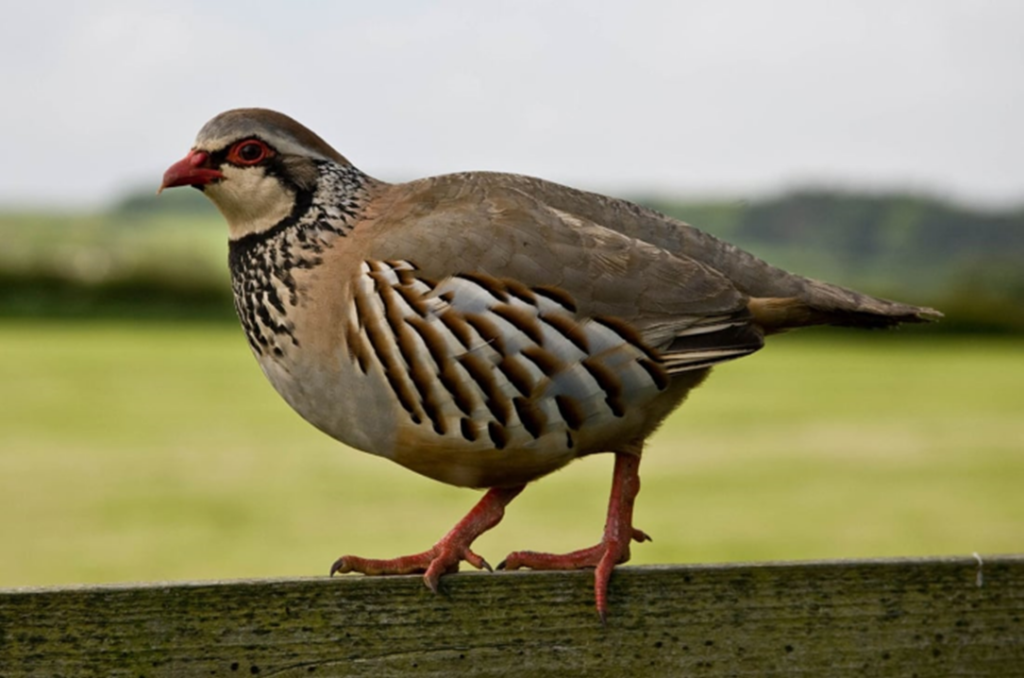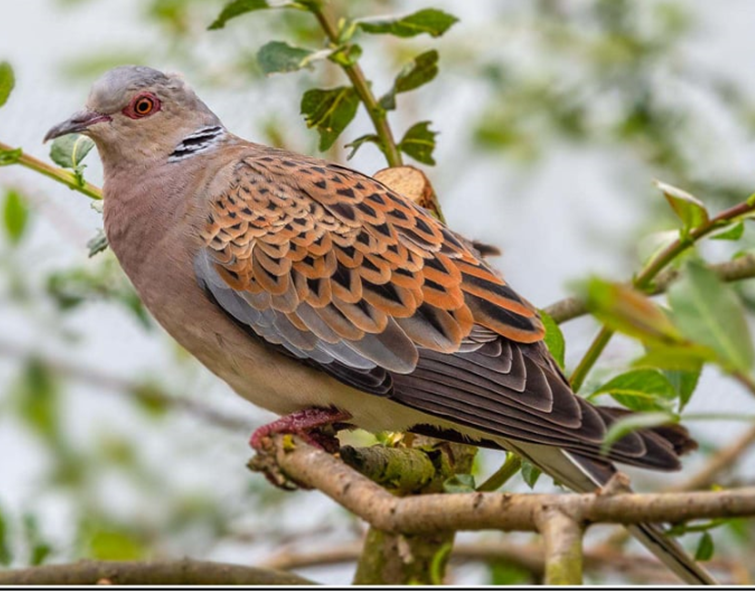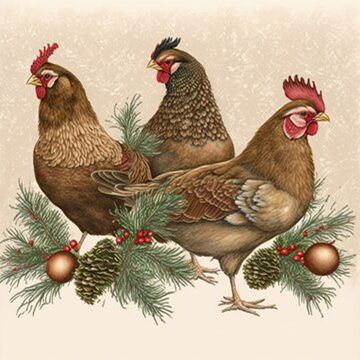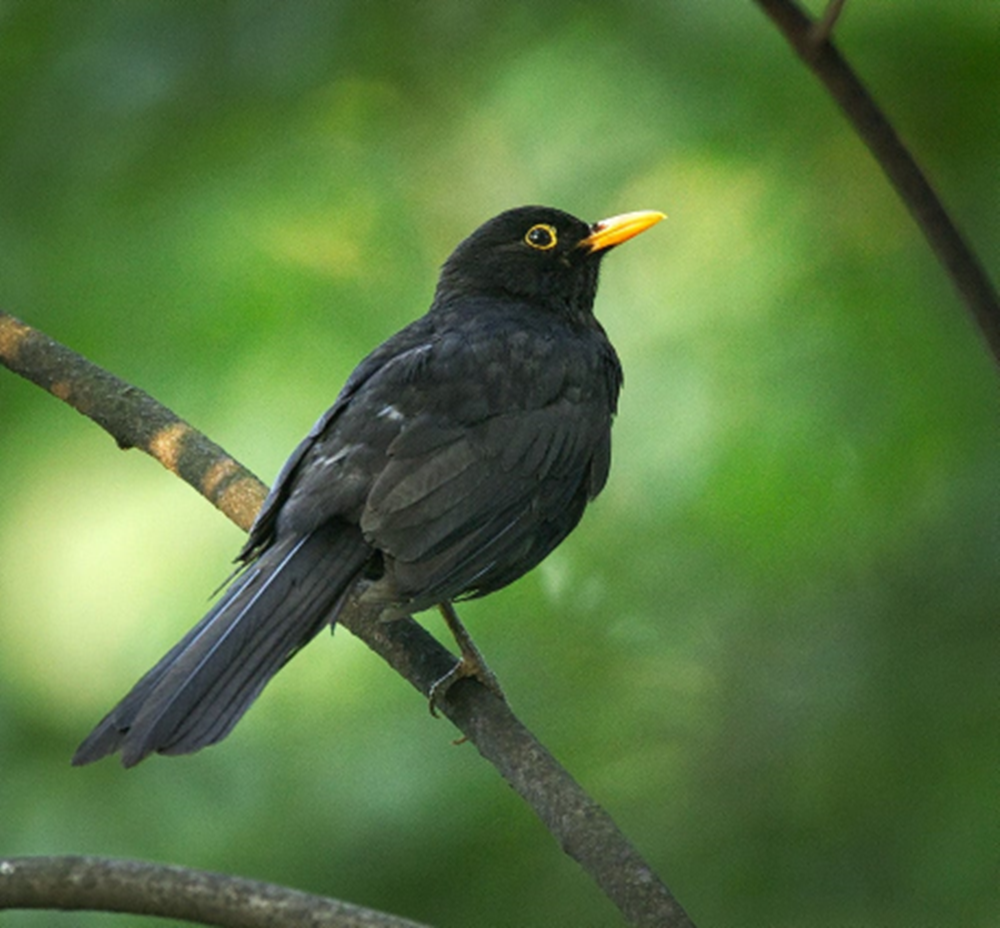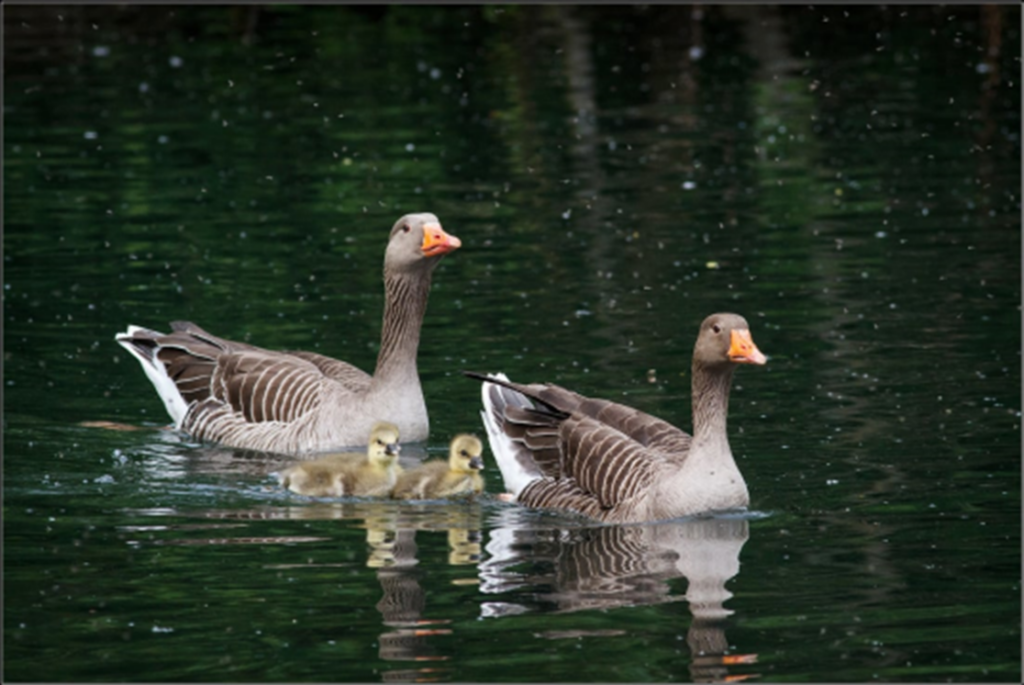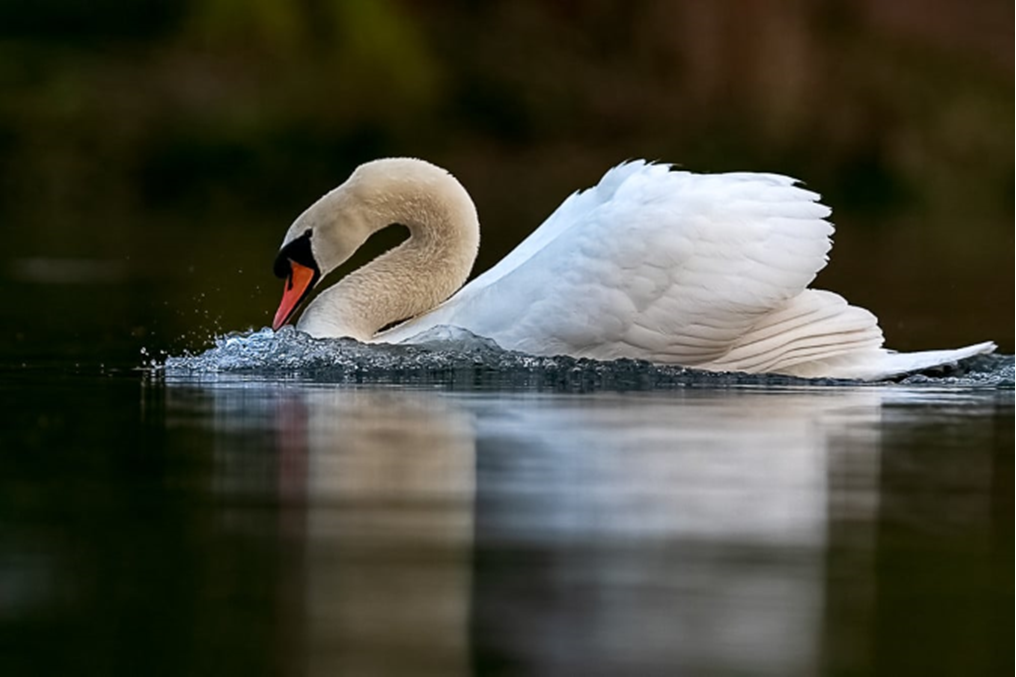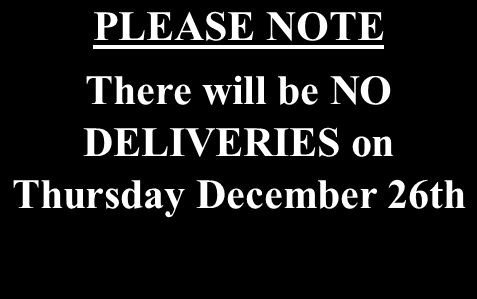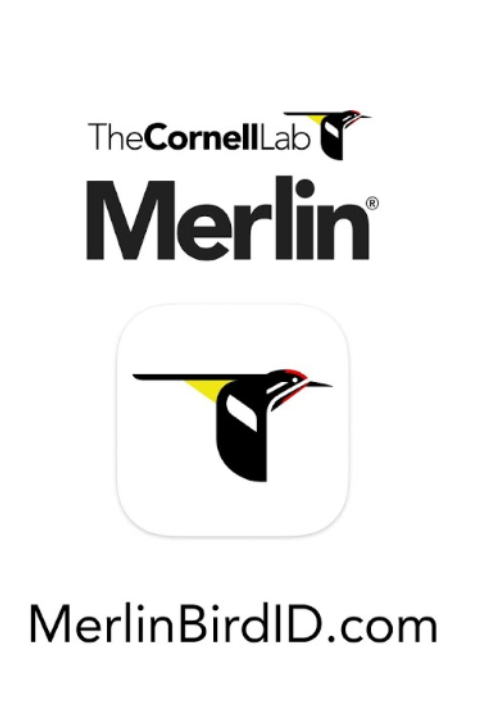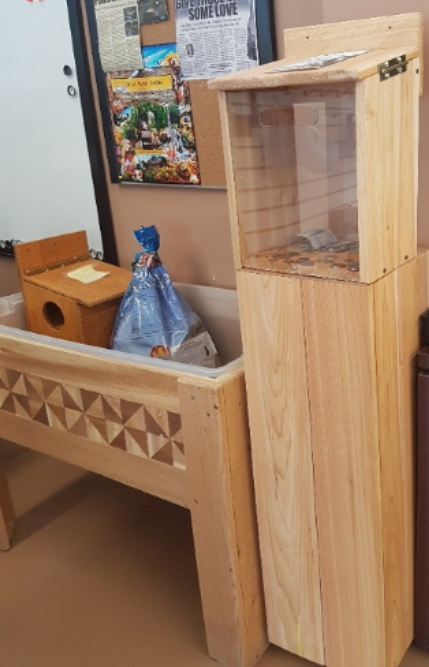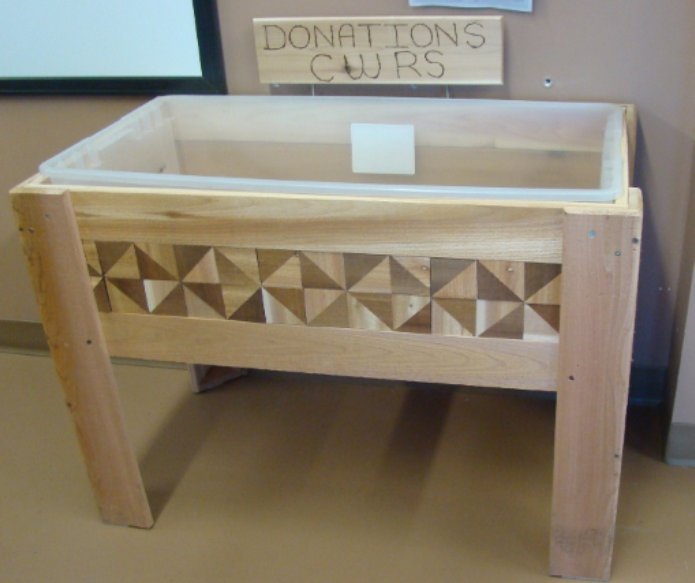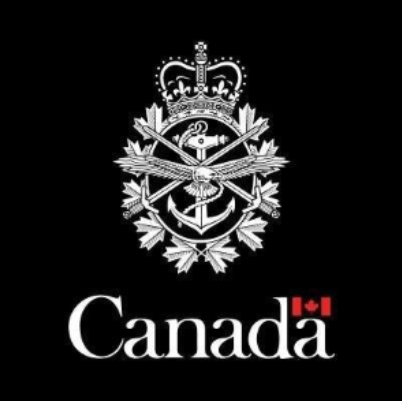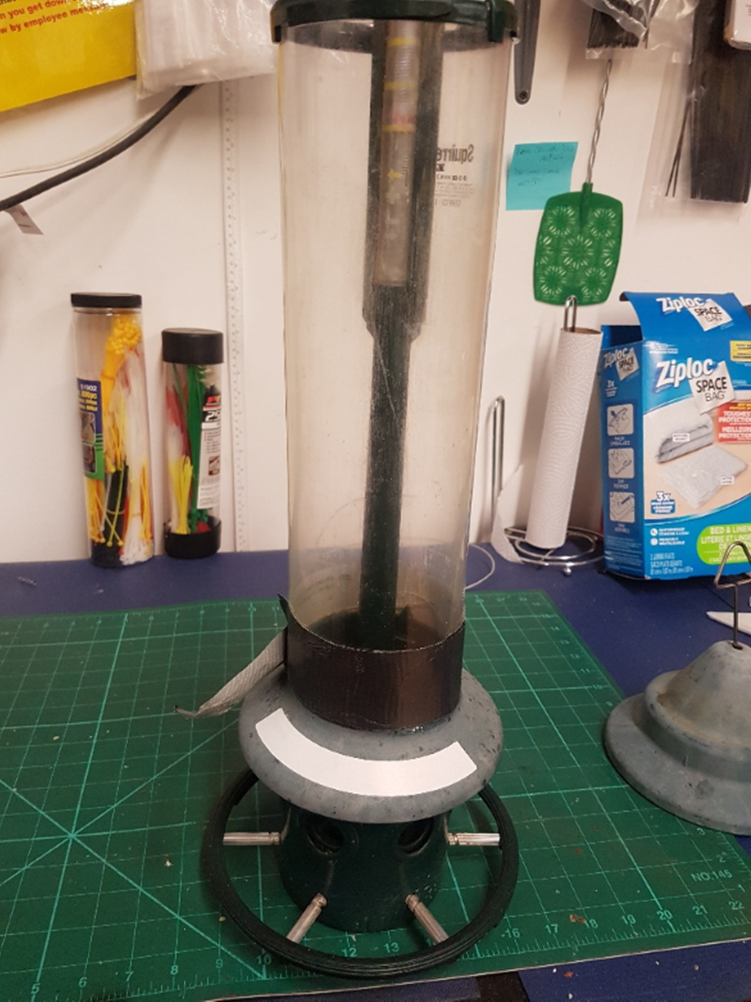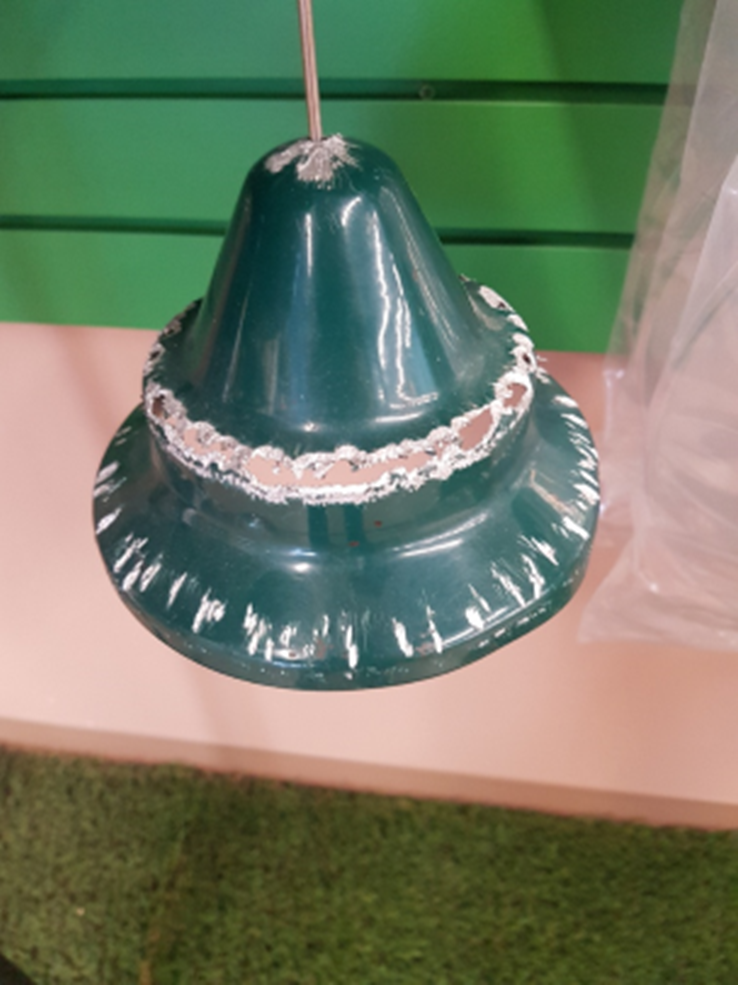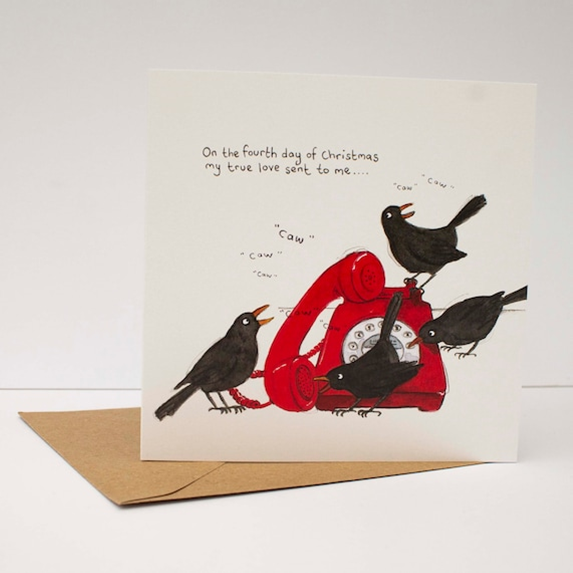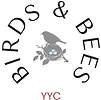LINK TO PDF NEWSLETTER DOWNLOAD

Christmas 2024
Merlin’s are small, fierce falcons that use surprise attacks to bring down small songbirds and shorebirds. They are powerful fliers, but you can tell them from larger falcons by their rapid wingbeats and overall dark tones
Medieval falconers called them “lady hawks,” and medieval European noblewomen—including Catherine the Great and Mary Queen of Scots, used them to hunt Skylarks
Merlin populations have largely recovered from the twentieth-century declines, thanks to a ban on the pesticide DDT and their ability to adapt to life around towns and cities.
- Merlin pairs have been seen teaming up to hunt flocks of waxwings: one Merlin flushes the flock by attacking from below; the other comes in moments later to take advantage of the confusion
- Merlins don’t build their own nests. Instead, they take over the old nests of other raptors or crows. The also use magpie nests, sometimes laying eggs right on top of the nest’s dome rather than inside the cavity
- Though it’s not much bigger than the common American kestrel, the Merlin is heavier and often appears considerably larger. As with most raptors, female Merlins are larger than males
- The name “Merlin” comes from esmerillon, the old French name for the species. Merlins used to be called “pigeon hawks” because in flight they look somewhat pigeon-like. Their species name, columbarius, is also a reference to pigeons
Merlins are widespread, particularly in migration and winter, but seeing them is unpredictable. They have two modes: scanning open areas patiently from a treetop or fence post, and cruising at top speed in pursuit of small birds. If a flock of foraging birds (particularly shorebirds) suddenly bursts into flight, a Merlin or other falcon may be the cause. Be ready to look quickly—Merlins cover a lot of ground and can be out of range in just a few seconds. Scanning treetop and low perches, like fence posts, at forest edges, grasslands, or saltmarshes can also turn up a perched Merlin and the opportunity for a longer view. Merlins are also increasingly common around towns, where there is a steady supply of House sparrows.

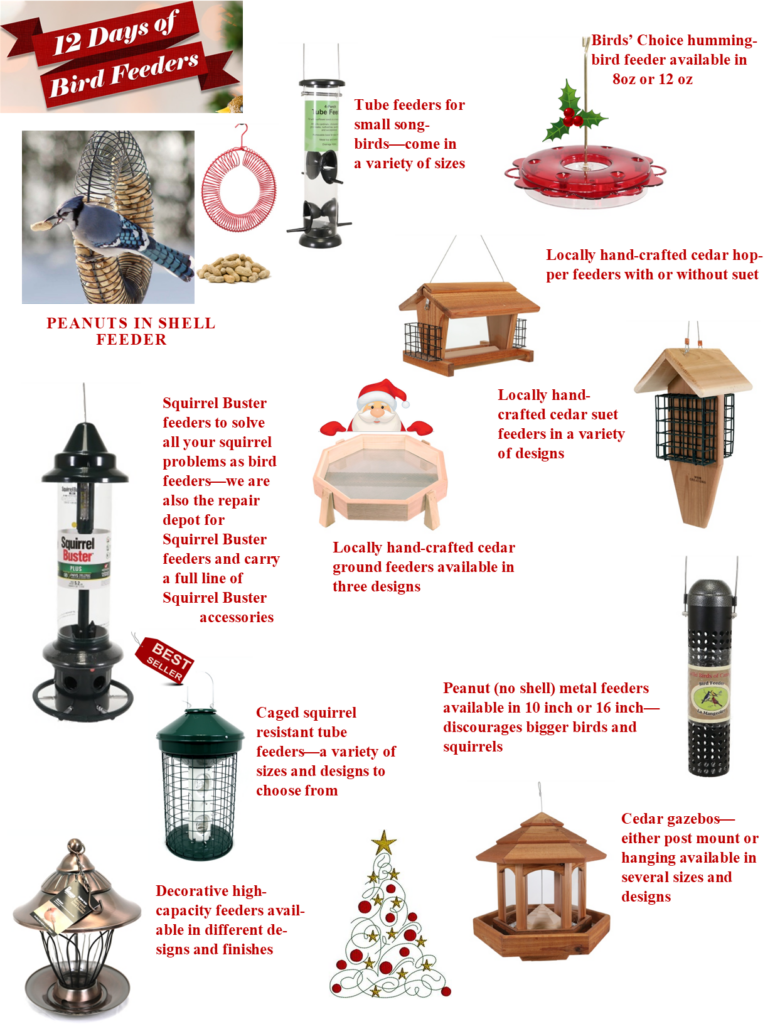
Visit www.meadowlarktours.com for more information
Contact: gavin@meadowlarkbirding.com

All participants on any bird walk must have purchased a ticket through our website – www.wildbirdstore.ca and present the ticket to Jim prior to the bird walk. The weather plays a big part in bird walks and Jim reminds participants to dress anticipating weather changes and to carry water to keep hydrated.
CARBURN PARK Saturday, December 7, 2024
9:00am meet in parking lot. Please dress for weather changes and bring water !
SNOWY OWL PROWL—1st DAY TRIP Saturday January 11, 2025
9:00 AM You will meet in the parking lot and the back of The Wild Bird Store, where you can decide to follow Jim or carpool with other participants. This is a full day trip, so please remember to bring refreshments, snacks, lunch and optics.
Ticket price: $7.00 +GST +fees
BEBO GROVE Fish Creek Park Saturday January 25, 2025
9:00am meet in the parking lot at the end of 24th Street S.W.
Ticket price: $7.00 +GST +fees
SNOWY OWL PROWL—2nd DAY TRIP February 8, 2025
9:00am. You will meet in the parking lot and the back of The Wild Bird Store, where you can decide to follow Jim or carpool with other participants. This is a full day trip, so please remember to bring refreshments, snacks, lunch and optics.
Ticket price: $7.00 +GST +fees

We offer a discount if you return your 20 LB or 40 LB seed bags so that we can re-use them (sorry—not the Mother Nature bags which we cannot re-use), suet ball containers, or if you bring your own container or bag to fill . This discount is in addition to any other discount offered.
Response:
Occasionally as an ornithologist I get asked by media outlets to fact-check possible misinformation circulating on social media. Here is a fairly recent example that you might find interesting. The Reuters Fact Check Team was working on an article on albatrosses. The so-called fact that I was asked to corroborate was claiming that albatrosses spend the first six years of life flying over the ocean before coming to land to mate. I too have read that some albatrosses can fly for years without landing, but as an ornithologist who knows a thing or two about flight and energetics in birds, it made little sense to me. Here is what I know to be true. Basically, using dynamic soaring where they constantly catch uprising currents off ocean waves and swells, Wandering albatrosses with 11-foot wingspans can indeed fly continuously and cover vast stretches of ocean to the tune of close to a thousand kilometers in a day at an average speed of about 40 kilometers an hour for days and weeks on end. Due to our ability to place tracing devices on these birds, one bird was clocked circling Antarctica for a 46-day period and amassing around 16,000 kilometers without landing. But they certainly cannot fly for several years without landing on either the water or land. I had originally thought that these large birds with their huge wingspans might not land on water to rest if only because they might find it difficult to take off from the surface. After all, they commonly build their nests on rocky promontories on islands or on mainland where they can catch updrafts from prevailing winds to take off. But albatross experts have confirmed that these birds can and do land on water to either perform shallow dives to catch squid and other marine invertebrates and also to rest. So obviously, they have no problem lifting off the water surface to take to the air. Anyway, the lesson here is—don’t believe everything you read on the internet!
David M. Bird, Ph.D., Emeritus Professor of Wildlife Biology, McGill University www.askprofessorbird.com

David M. Bird is Emeritus Professor of Wildlife Biology and the former Director of the Avian Science and Conservation Centre at McGill University. As a past-president of the Society of Canadian Ornithologists, a former board member with Birds Canada, a Fellow of both the American Ornithological Society and the International Ornithological Union, he has received several awards for his conservation and public education efforts. Dr. Bird is a regular columnist on birds for Bird Watcher’s Digest and Canadian Wildlife magazines and is the author of several books and over 200 peer-reviewed scientific publications. He is the consultant editor for multiple editions of DK Canada’s Birds of Canada, Birds of Eastern Canada, Birds of Western Canada, and Pocket Birds of Canada. To know more about him, visit www.askprofessorbird.com or email david.bird@mcgill.ca.
Parasitic Jaeger:
Known in Britain as the Arctic Skua, this relative of the gulls is known for its habit of stealing food from other birds—which scientists call :kleptoparasitism.” Jaegar comes from the German word for hunter.
THE BIRDS OF THE 12 DAYS OF CHRISTMAS
On the first day of Christmas
The partridge in a pear tree is probably the Red-legged partridge, which is a bird in the pheasant family. Though not living in this country, it is similar to our Chukars. These partridges are game birds that reside naturally in southwestern Europe, although they were introduced to England in the 1700s. Subsequently today, these are very common and at times appear in people’s backyards in England.
On the Second day of Christmas
The two Turtle doves are probably European turtle-doves. These are native to England and were very common in the 1700s. They tend to be shy birds living in wooded and semi open habitats. Similar to our pigeons, these birds are ground feeders.
Sadly, today they are in trouble. Since 1995 the United Kingdom has lost 94% of their population. In addition, there has been a 78% loss throughout the remaining areas of Europe.
It is believed Turtle-doves are declining throughout the Mediterranean due to human practices such as over-hunting during migration. Another contributing factor is the loss of habitat during breeding season
On the third day of Christmas
French hens are a type of domesticated chicken that is a variant of the Red junglefowl—a bird of South Asia. Unfortunately, the wild form of these chickens is another bird that is in trouble with populations declining. The population’s downward trend is a result of the hens being hybridized almost out of existence by their free-ranging domesticated cousins.
On the forth day of Christmas
One version of the song calls these “colly birds.” The word colly means black, so it is believed that these may be Eurasian blackbirds, which are the most common black bird in Europe. Eurasian blackbirds are thrushes and only distantly related to the black birds in the United States and Canada.
On the sixth day of Christmas
Six geese a-laying would more than likely be the Graylag geese. These are large, bulky geese that are native to the United Kingdom and Europe. This is a bird that is the ancestor or domestic geese in Europe.
These birds have become pretty famous as they are one of two breeds used in the imprinting experiment conducted by Konrad Lorenz. In this study, Lorenz proved that newly hatched goslings form and attachment to the first moving object they see.
On the seventh day of Christmas
The seven swans are Mute swans. During the time when the lyrics were written, Mute swans were semi-domesticated in Britain. Moreover, they were considered to be property of the Crown.
Mute swans can also be found in North America although they are not native. Imported from Europe, the swans were first brought to North America to decorate ponds and and lakes.
Mute swans are widespread throughout the world due to introductions as decorations for private estates and parks. Escaping from these areas and breeding in wild populations, they have become invasive species in some locations.
Hans Christian Andersen’s fairy tale “The Ugly Duckling” is based on the Mute swan.
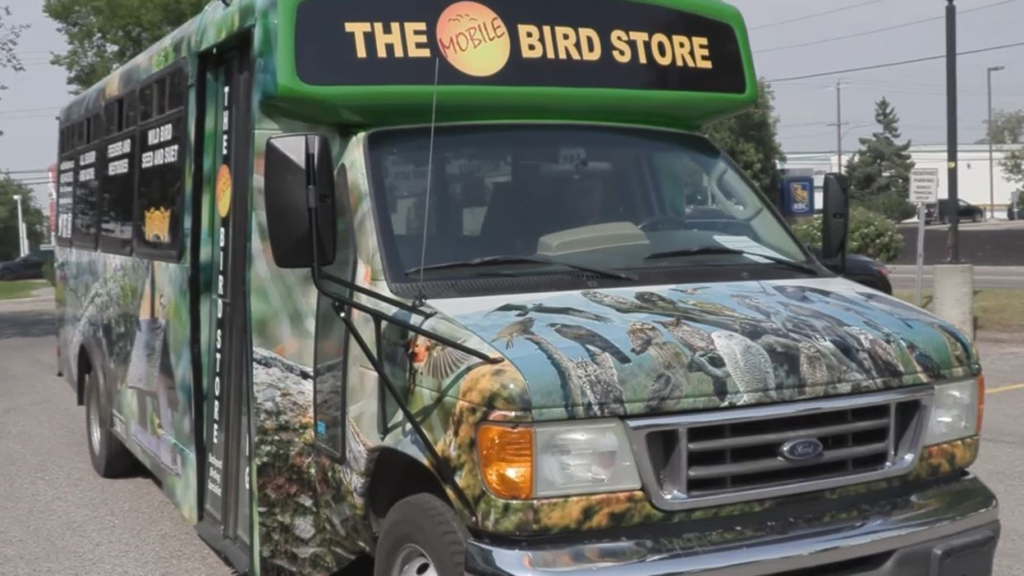
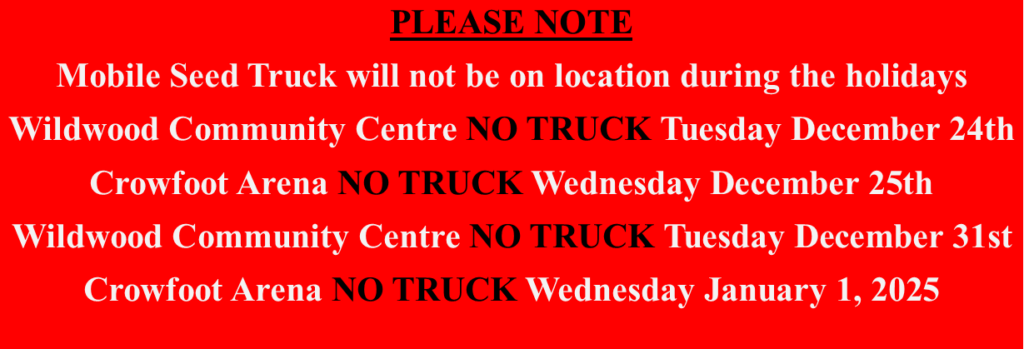

Wildwood Community Centre (4411 Spruce Drive SW): Every Tuesday 3:00pm to 6:00pm
STARTING NOVEMEBER 5, 2024 WE WILL BE CHANGING THE HOURS AT WILDWOOD TO 3:00-5:30PM FOR THE WINTER. THANK YOU FOR YOUR CONTINUED SUPPORT.
Crowfoot Arena (corner of John Laurie & Nosehill Drive NW: Every Wednesday 2:00pm to 5:30pm
Please place orders by 12:00 noon the day before the truck is on location
Text us @ (403)701-4571 OR email us at orders@wildbirdstore.ca
Earn and redeem customer loyalty points on the Mobile Seed Truck

DELIVERY: Deliveries will still be made on Thursdays ONLY. Please phone the store at (403) 640-2632 any day prior to 12:00 noon on the Wednesday before your delivery; place and pay for your delivery. Please phone with your order as early as possible to avoid disappointment. If you have any special instructions please do not forget to inform us when you place your order.
PLEASE NOTE: WE WILL BE BACK TO EVERY WEEK DELIVERY ON THURSDAYS STARTING OCTOBER 3/24
THE DELIVERY CHARGE WILL BE $10
MINIMUM ORDER FOR DELIVERY $25.
Do you need help attracting birds to your backyard?
Do you want advise on designing a backyard habitat for your feathered/winged friends?
Do you have a problem in your backyard we can help solve?
The Wild Bird Store in partnership with Andrew Barnes, now providing at home wild bird consulting service.
Specializing in helping you and your property become Wild Bird friendly for maximum results.
Services offered will include:
Bird feeder(s) recommendations for species focus and seed types
· Type(s) of seed and for which species it will be best suited
· Preferred location for maximum results
· Bird feeder accessories
· Hummingbird feeders and accessories
Nesting
· Nest box selection for native species—including all cavity nesting and platform species for Alberta
· Preferred location for nest boxes
· Maintenance tips
· Advice on how to deter invasive species (House sparrows and European starlings)
Watering needs
· Bird baths
· Heaters and heated baths
· Accessories including drippers and bubblers
· Location dos and don’ts
· Maintenance tips
Bat Houses/Chambers
· Location requirements
· Housing styles—including single vs multiple chambers
After each visit all discussion points and recommendations will be provided along with a 10% OFF coupon to be used at the Wild Bird Store on your next purchase.
PLEASE NOTE: 10% coupon is only valid for a one-time purchase and must be presented at time of purchase. In-store ONLY. ( All Discount restrictions apply)
For further information, pricing and scheduling, please contact
Andrew Barnes cell # (403) 923-8121 (call or text)
Email: birdsbeesyyc@gmail.com
Have you checked out the Merlin app? Would you like a demonstration on how they will help you to identify birds? Stop by The Wild Bird Store during regular business hours and staff will be happy to show you how the app will enable you to identify birds in various ways.
Identify Bird Songs and Calls
Identify Birds by your Photos
Save Birds to Your Life List
Explore lists of birds near your location
DONATIONS
Located at The Wild Bird Store (near the seed bins). We collect your cash as well as “wishlist” donations and arrange to deliver them to local wildlife organizations including Calgary Wildlife Rehabilitation, Alberta Institute of Conservation and Ellis Bird Farm.
We ask for your support quarterly for each of these organizations.
For September, October, and November, 2024 your donations will go to:
Ellis Nature Center (Ellis Bird Farm)
Thank you for your support
Options for shopping at the Wild Bird Store
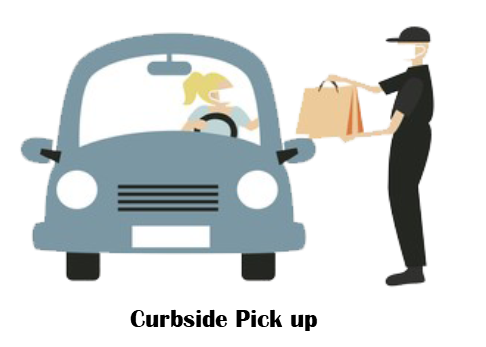
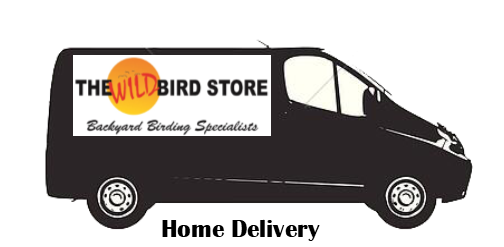
PLEASE NOTE: WE WILL BE BACK TO EVERY WEEK DELIVERY ON THURSDAYS STARTING OCTOBER 3/24
THE DELIVERY CHARGE WILL BE $10. MINIMUM $25 ORDER FOR DELIVERY.
Store hours are:
10:00am to 5:00pm Monday through Saturday
We offer a discount if you return your 20 LB or 40 LB seed bags so that we can re-use them (sorry—not the Mother Nature bags which we cannot re-use), suet ball containers, or if you bring your own container or bag to fill . This discount is in addition to any other discount offered.
Write a Google review on your experience at The Wild Bird Store, and as a thank you, we will give you 100 customer loyalty points ($5.00 value). To get a promo code, kindly email info@wildbirdstore.ca
(one Google review per customer)
Earn 200 customer loyalty points ($10.00 value) by referring a friend, acquaintance or fellow birder.
Please visit the store to get a promo code.
Combining our Seniors 10% discount with the Loyalty Program. (Excludes “sales” items, books & optics).
Discount for membership 10% discount for members of Fish Creek Park, AIWC, Priddis Golf Club, Nature Calgary, Sandy Cross Conservation, Springbank Garden Club and Millarville Horticultural Society. Must present valid membership card at time of purchase.
Discount for Military Members & Veterans 10% discount on
purchases in-store or on Mobile Seed Truck (sorry—excludes “sales”
items, books, optics and consignment items)
Does your Aspects or Squirrel Buster feeder need some replacement parts?
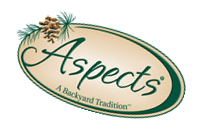
Did you know that we can repair/replace parts and make it look like brand new?

5901 3rd Street S.E.,
Calgary, AB T2H 1K3
email: info@wildbirdstore.ca
(403) 640 2632
The Store is open Monday through Saturday 10:00am to 5:00pm
The Wild Bird Store will be closed to celebrate Christmas and The New Year as follows:
Christmas Eve: Close at 2:00pm
Christmas Day, Wednesday December 25th Closed
Boxing Day, Thursday December 26th Closed
New Years Eve Tuesday, December 31, 2024: Close at 2:00pm
New Years Day Wednesday January 1, 2024 Closed
We are CLOSED Sundays, and ALL Statutory holidays for Faith, Family and Friends.
We still offer curbside pickup every day we are open and delivery service on every other Thursday.
FOLLOW US ON:
Facebook @thewildbirdstoreyyc
Twitter @wildbirdstoreyyc
Go to YouTube, type in the search bar “The Wild Bird Store” to watch our videos and to help us become more visible . Be sure to click on “Subscribe” before you leave the page.
